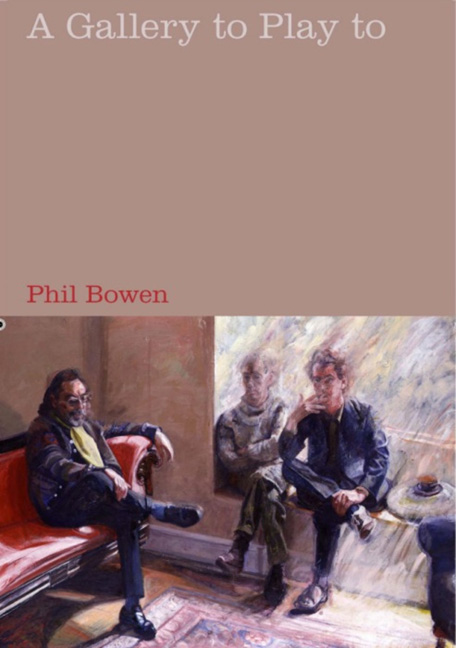Book contents
- Frontmatter
- Dedication
- Contents
- Author's Note
- Acknowledgements
- Introduction
- The Fifties and the Beginning of the Liverpool Scene
- Roger McGough 1937–1958
- Adrian Henri 1932–1956
- Liverpool 1957–1961
- Brian Patten 1946–1961
- 1961–1968
- The End of the Sixties
- The Seventies
- The Eighties
- The Nineties
- The Noughties
- Bibliography
- Index
The Seventies
- Frontmatter
- Dedication
- Contents
- Author's Note
- Acknowledgements
- Introduction
- The Fifties and the Beginning of the Liverpool Scene
- Roger McGough 1937–1958
- Adrian Henri 1932–1956
- Liverpool 1957–1961
- Brian Patten 1946–1961
- 1961–1968
- The End of the Sixties
- The Seventies
- The Eighties
- The Nineties
- The Noughties
- Bibliography
- Index
Summary
‘… nobody's particularly eager to take my albatross …’
The sixties are sometimes described as ‘three guys having the best party in the world, and everyone else trying to find out the address’. January 1970 sat there like the guest who had discovered it all that little bit too late. The carnival was over. All that remained was detritus for those whom the celebrations had left out. There were violent anti-war protests in Whitehall when B-52s bombed Ho Chi Minh's trail in South Vietnam. In America, US police had to intervene to stop ‘bussed’ black children being attacked by whites. In Britain Rolf Harris was top of the charts with ‘Two Little Boys’, Mick Jagger was fined £200 for possession of cannabis, police raided an exhibition of John Lennon's lithographs in Bond Street, and Ringo Starr recorded ‘Sentimental Journey’.
In April the Beatles officially broke up. Two months later, a Conservative government led by Edward Heath was elected. To Philip Larkin, writing to Kingsley Amis, the fall of Harold Wilson, was not ‘an important failure’: ‘Fuck the whole lot of them I say, the decimal-loving, nigger-mad, army-cutting, abortion-promoting, murderer-pardoning, daylight-hating ponces, to hell with them, the worst government I can remember.’
One of the earliest critics of the sixties was John Lennon. Talking to Rolling Stone in 1970, the years of change and counter-cultural rebellion were seen by him as little more than a fancy-dress parade. ‘Everyone dressed up but nothing changed.’ This view is shared by Brian Patten, who positively acknowledges the social freedom the decade gave him in breaking free from a class system that sought to suppress those it had failed or had been unable to educate. But he could never identify with the hippies and communal living. He loved the beautiful women with flowers in their hair, was glad to have known a further flowering and greater trust in humanity, but felt the sixties became a gigantic clothes-show, where ‘some joined in, some sat round the edges, some stole the silver and all left without paying the bill’. As the period wound down he felt its values were as false as its discarded fashions.
- Type
- Chapter
- Information
- A Gallery to Play toThe Story of the Mersey Poets, pp. 96 - 128Publisher: Liverpool University PressPrint publication year: 2008



